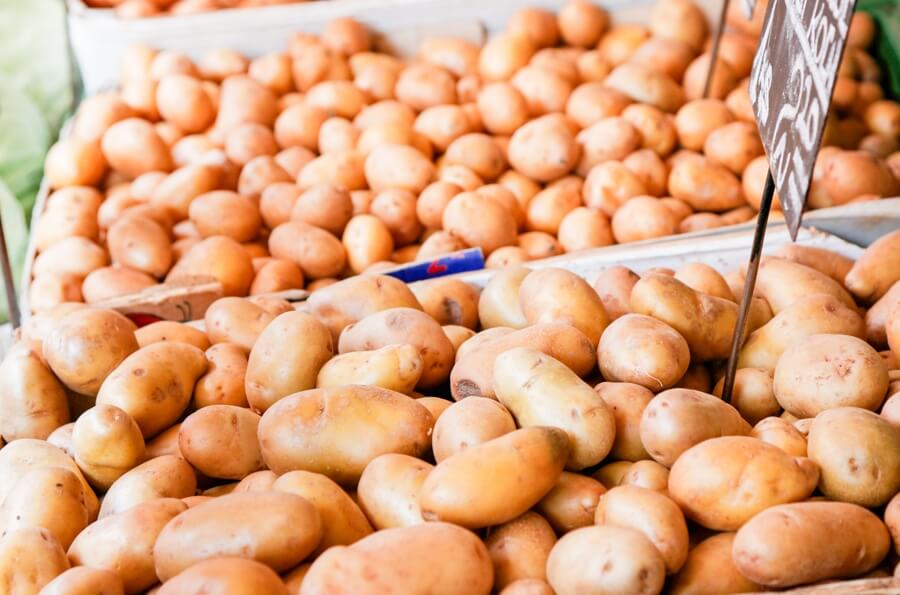
In June 2023, Namibia is set to close its borders for the importation of 11 special controlled horticultural products, except for washed potatoes. The decision is based on the expected local production figures, which indicate that the domestic supply will be sufficient to meet the demand for these specific products. The Namibia Agronomic Board, responsible for monitoring and regulating horticultural imports, has compiled a Close and Open Border Notice to ensure a balanced market. While this move is aimed at promoting local farmers and reducing dependency on imports, it also raises concerns about the availability and affordability of these products for Namibian consumers.
Closed Border for 11 Products
According to the Close and Open Border Notice for June 2023, the following 11 horticultural products will have their borders closed for importation: butternuts, cabbage, pepper (green and colored), gem squash, onions, pumpkin, sweet potatoes, plum tomato, and round tomato. The local farmers have assured the Namibia Agronomic Board that their yield for these products will be sufficient to meet the local demand. This decision ensures that consumers have access to locally grown produce and supports the profitability of local farmers.
Partial Supply for Four Products
While the local farmers will be able to meet the demand for 11 products, there are four products where the local yield falls short. For beetroot, jam tomato, sweetcorn, and lettuce (iceberg), the local supply is only partially sufficient. Traders selling beetroot are allowed a 20% importation quota of all types, sizes, and container sizes, whether fresh, chilled, whole, or cut. Jam tomato traders are permitted a 10% importation quota for all varieties and forms. Sweetcorn traders can import the remaining 40% due to the 60% supply from local farmers. Lettuce (iceberg) traders are allowed to import 30% without restriction, while the remaining 47% follows the market share promotion (MSP) policy.
Open Border for Washed Potatoes and Other Products
Out of the 20 special controlled horticultural products, the border will remain open for importation of five items: washed potatoes, carrots, watermelon, sweet melon, and spinach. Washed potatoes have been consistently imported as domestic production cannot meet the demand. According to the Namibia Agronomic Board, potatoes are the third most consumed crop in the world, and Namibia imports over 30% of fresh potatoes, in addition to frozen potatoes and seed potatoes. The decision to keep the border open for these products ensures that consumers have a consistent supply, given the current low domestic production.
Challenges and Perspectives
While the closure of the border for some products ensures their availability in the local market, concerns have been raised about the high prices of these products. Magano Rainhold, a horticulture entrepreneur, acknowledges the importance of supporting local farmers but suggests that they need to reduce their prices to make the products more affordable for consumers. This sentiment highlights the need for a balance between local market development and ensuring affordability.
Dobson Kwala, a representative of local farmers in the Zambezi region, welcomes the closure of the borders as it allows local producers to sell their products and make a profit. He emphasizes the importance of quality and branding, noting that labeled and well-described products from South Africa are often preferred by consumers. Kwala suggests that Namibian farmers can learn from South Africa’s strong empowerment policies, which provide financial support and promote excellence in farming practices.
The closure of the border for 11 fresh produce items in June 2023, except for washed potatoes, reflects Namibia’s efforts to promote local market development and reduce reliance on imports. The decision is based on the expected local production figures, which indicate sufficient supply to meet the domestic demand for these products. While this move supports local farmers, concerns remain regarding the availability and affordability of these products for Namibian consumers. It is crucial to strike a balance between supporting local producers and ensuring affordable prices for consumers.



















Leave a Reply